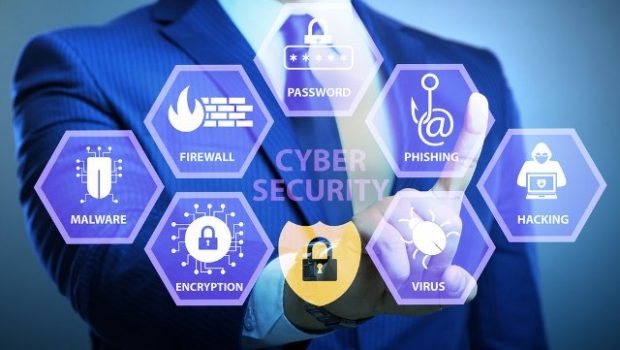5 Cybersecurity tips to protect your healthcare data
The dawn of the internet and new technologies has made it efficient for hospitals to provide healthcare services. For instance, a health worker can use automated tools to connect with patients remotely. That said, modern technology has led to better health care services and continually enhances the experience or satisfaction of patients.
Indeed, integrating modern technologies into the health system is one of the best ways to make processes more efficient in the healthcare industry. However, it also comes with increased healthcare cybersecurity threats. This may compromise and expose the hospital’s and patients’ confidential information to cyber threats.
So, how can you protect your healthcare data? To help you, here are five cybersecurity tips to improve the cybersecurity of your healthcare data:
- Work With Cybersecurity Experts
You must understand that developing and managing a cybersecurity strategy isn’t easy. It requires you to spend several hours online monitoring and protecting your computer networks. However, this might not be possible, especially if you spend most of your time engaging with patients. Thus, it makes sense to work with cybersecurity experts as they can help determine the most suitable cybersecurity practices to protect your healthcare data.
There are numerous cybersecurity experts out there. However, not every company or service provider can be suitable for protecting your healthcare data. Therefore, you must ensure you hire the best firm in the market. For instance, select a firm registered with the state.
Besides, any company you choose should have several years of experience dealing with online threats and know how to protect healthcare data. They must also provide services to ensure you comply with the Health Insurance Portability and Accountability Act of 1996 (HIPAA) Security Rule. To hire a reputable cybersecurity expert, you can consider Tausight for ePHI compliance and other related services.
- Update Your Software Regularly
Software on your health center website allows you to streamline your operations. As a result, you’ll likely save time and reduce costs. However, the software can expose your healthcare data to hackers, especially if you utilize outdated versions.
You must note that hackers scan outdated software or automation tools to determine their vulnerabilities. That’s to say, older software versions are more prone to cybersecurity threats than new ones. Therefore, you can hedge your healthcare data against hackers by updating your software regularly.
Updating software now and then is easier said than done. If you’re too busy with patients, you may forget to complete the task on time. For this reason, you can consider installing an automatic software update program on your website. This helps ensure your software always remains updated without your intervention. This goes a long way in promoting your healthcare cybersecurity strategy.
- Establish Strong System Passwords
Building passwords for your health center systems is the primary step in protecting your data. It ensures no person can unlock your networks or systems without your permission. However, you should establish strong passwords. This ensures no unauthorized person can correctly guess them.
You can employ several strategies to establish strong passwords. First, your passwords must be somehow long. For instance, you can build passwords containing 10 to 12 characters. Also, ensure your passwords contain numerals and alphabets (upper and lower cases). It’s also advisable to have some non-standard characters in the passwords.
Establishing strong passwords isn’t enough to protect your healthcare data. You also need to adopt good password habits. For one, your passwords shouldn’t be shared with unauthorized people. Additionally, ensure you change them regularly.
- Implement Two-Factor Authentication
Another effective strategy for protecting your healthcare data is to invest in two-factor authentication. That involves allowing system users to provide two different authentication factors as proof of their identity. In simple terms, it refers to adding an extra layer of security to passwords.
The primary purpose of implementing two-factor authentication is to block anyone from accessing your health center systems with passwords only. They must verify themselves to access your data. This helps keep away unauthorized people from accessing your healthcare data. This promotes your online security.
Finally, you can consider encrypting files to protect your healthcare data against cybersecurity attacks. This involves encoding digital documents to hide the meaning of the information contained in them. Therefore, no one will read or understand your healthcare data. However, the intended users will be required to utilize the binary codes to convert the data into a non-coded form. This way, they’ll be able to read and understand your documents.
Takeaway
Protecting healthcare data against cybersecurity attacks isn’t easy, especially for non-technological experts. But by implementing the tips in this article, you can take your cybersecurity strategy a notch high.








Gloss